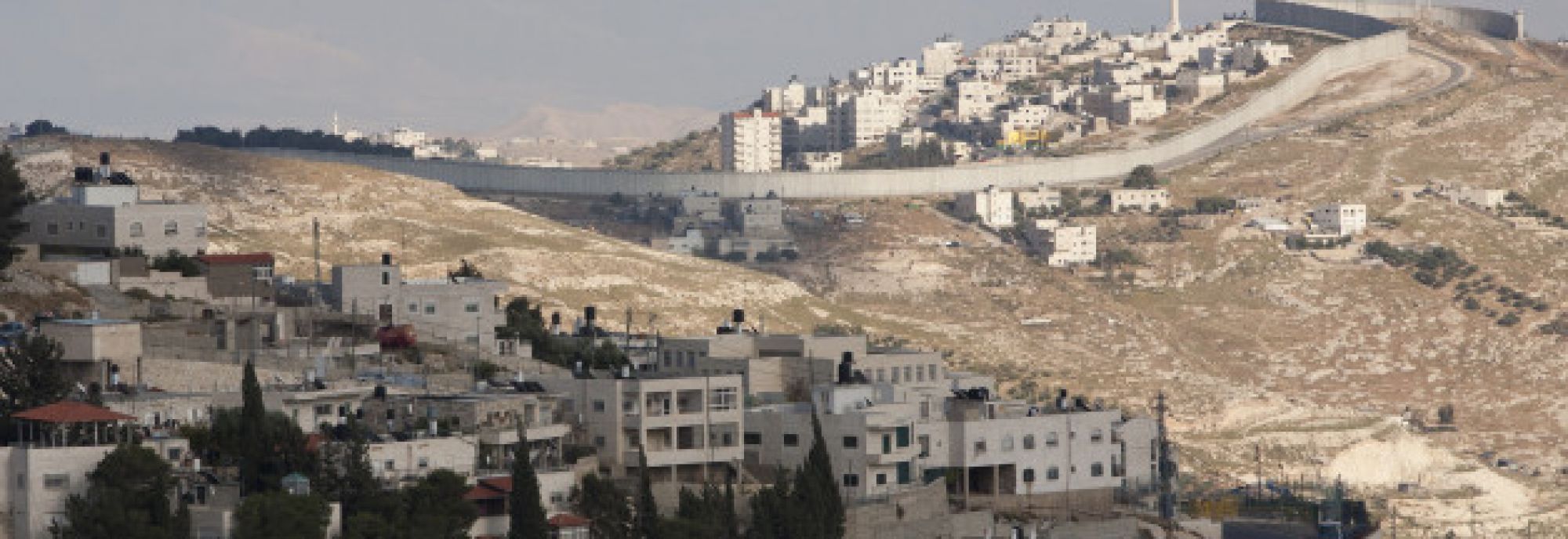
“Through these new projects, the World Bank seeks to support living standards in a challenging and fragile environment. This includes delivery of services to Palestinian citizens, engagement of the private sector for job creation, and building up of the public’s trust in local institutions,” said Marina Wes, World Bank Country Director for West Bank and Gaza.
The Third Municipal Development Project will be funded by US$16 million from the World Bank and US$20 million donor co-financing form the Partnership for Infrastructure Development Trust Fund - administered by the World Bank (PID MDTF). The new project will build on the success of previous projects and will scale up its operations to improve municipal performance and service delivery. It will also explore joint investments with the private sector to ensure the sustainability of municipal services.
Another collaboration between the World Bank and international partners to assist the Palestinian people is the Electricity Sector Performance Improvement Project. With US$ 4 million from the World Bank and 7US$ million from the PID MDTF, The Project will strengthen the capacity of key energy sector institutions, improve the efficiency and service quality of the electricity distribution system, and pilot a new business model for solar energy in Gaza. The project will contribute to strengthening the financial sustainability of the sector, and to create a conducive environment for private sector investment in power generation.
The role of the private sector is central to the socio-economic future of the West Bank and Gaza, a region currently suffering from limited job opportunities, particularly among youth and women. The World Bank is supporting job creation through its Second Finance for Jobs Project. With grants from the World Bank of US$8 million and US$1.5 million from the State and Peacebuilding Fund, the project will support innovative financing approaches to jumpstart job creation through private capital. It will provide support to early-stage financing of startups, investment for employment in medium and large companies, and investment in the skills needed by the private sector.
Improving social protection systems continues to be integral to the Bank’s program. Realizing the effect of the socio-economic crisis on the extremely poor and most vulnerable households, the World Bank is granting an amount of US$15 million to the new Social Protection Enhancement Project. The project will continue to build on the previous cash transfer program, and will be complemented by services to address social vulnerabilities. It will target the households that are in greater need, scale up the information and monitoring system, and identify opportunities for households to move out of poverty. The project will focus on women empowerment, including counseling services for victims of violence.
“Many Palestinians are still reeling from the economic instability. Unemployment is now approaching 30 percent on average, and remains stubbornly high especially for youth and women,” said Wes. “Helping Palestinians to cope with adversity and ensure a decent life is an important part of our aid strategy.”
